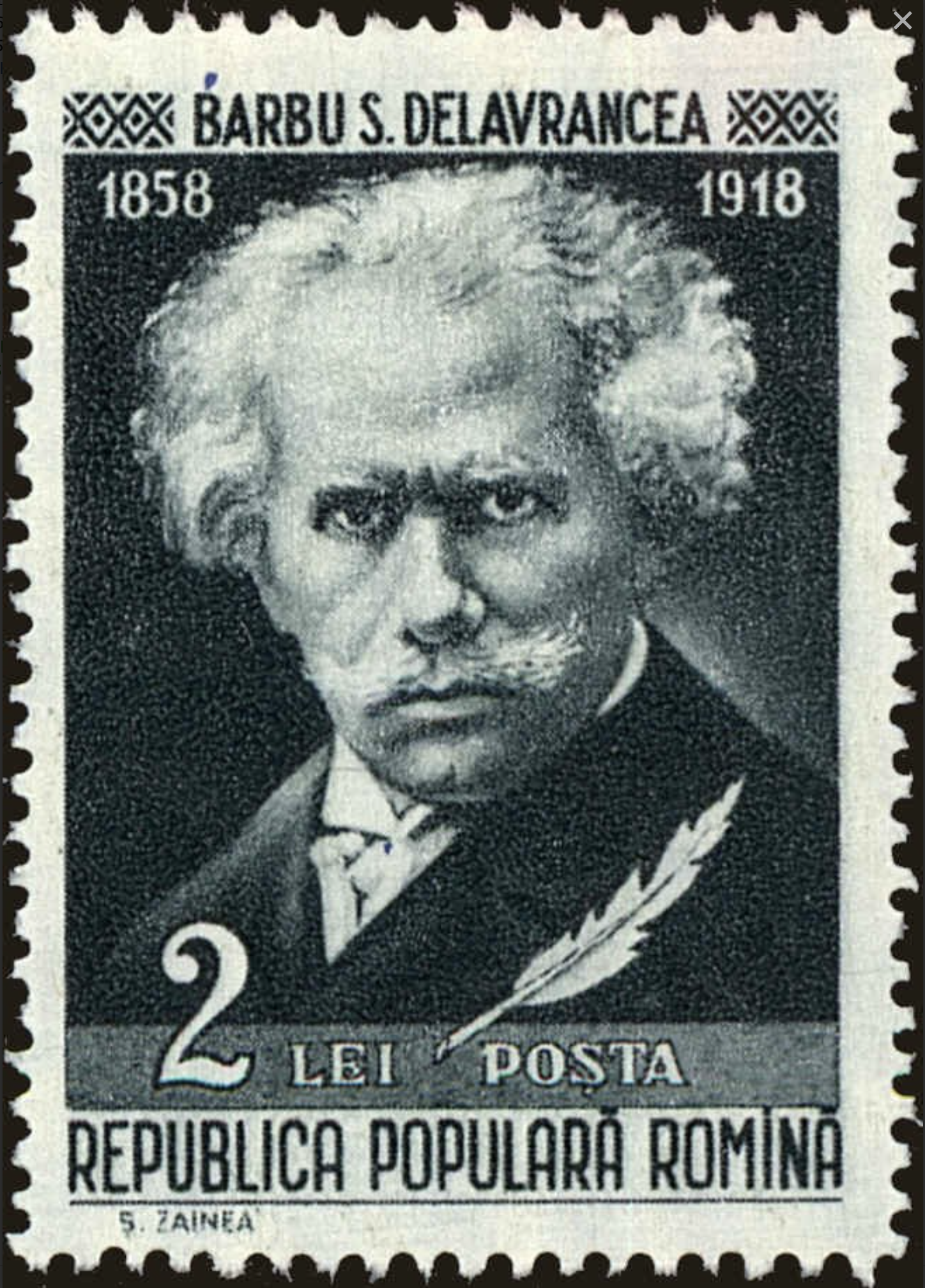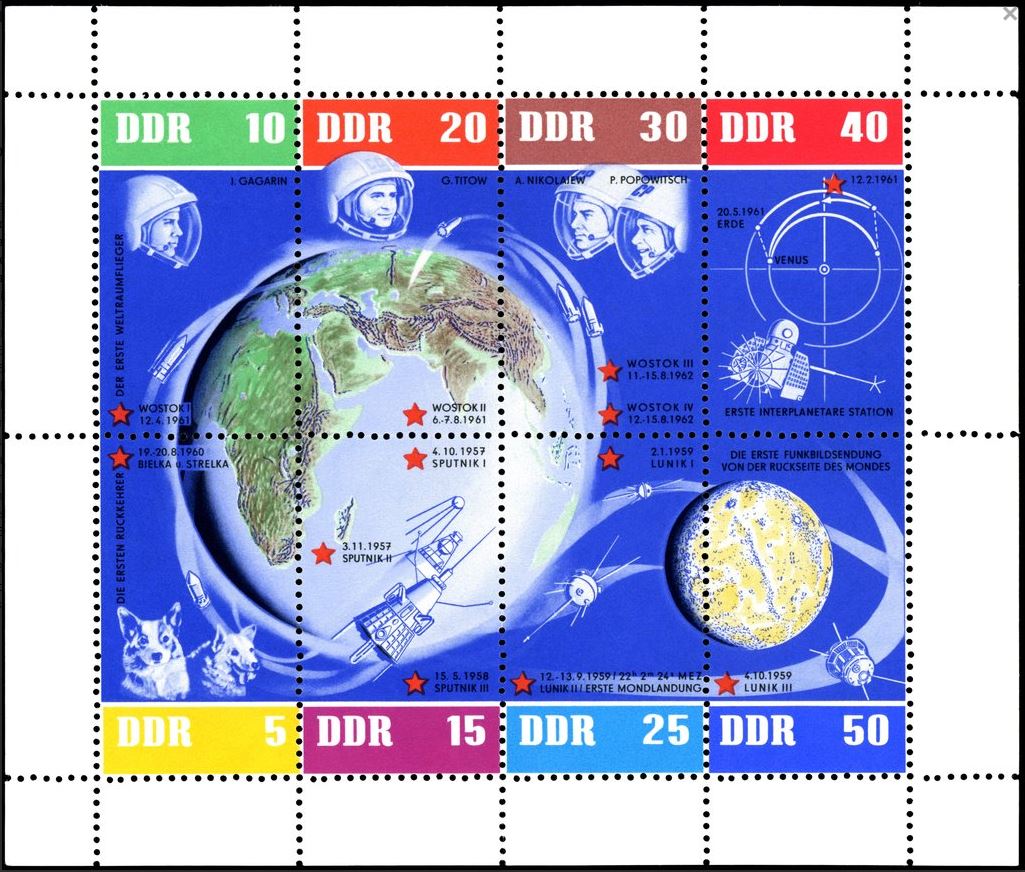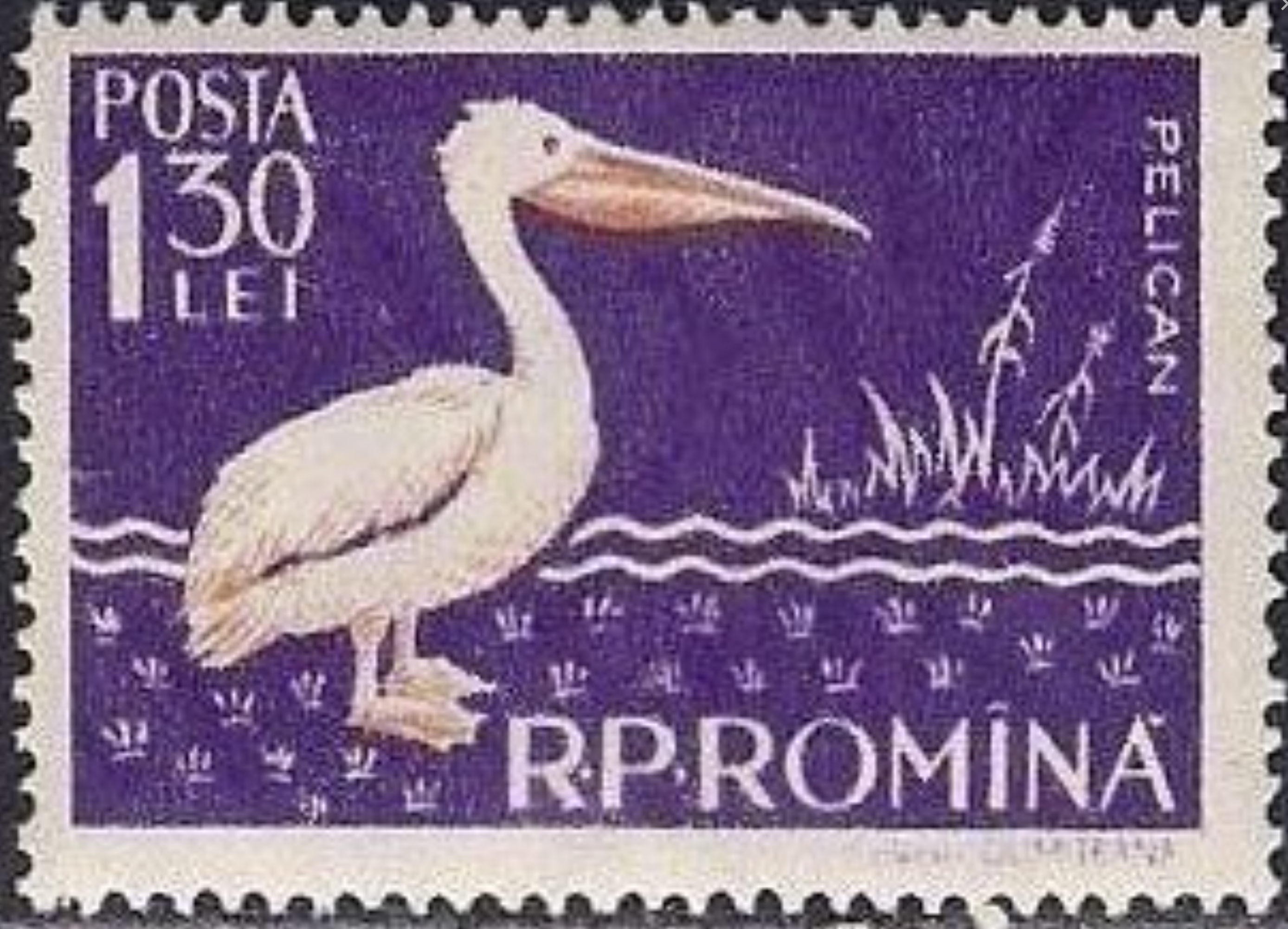Romania #1884 (1966) – Mediterranean Mussel (Mytilus galloprovincialis)
$0.35
Romania #1884 (1966) – Crustaceans and Molluscs, Mediterranean Mussel (Mytilus galloprovincialis)
3 in stock
Description
Romania #1884 (1966) – Crustaceans and Molluscs, Mediterranean Mussel (Mytilus galloprovincialis)
The Mediterranean Mussel (Mytilus galloprovincialis) is a species of mussel that is native to the Mediterranean Sea and adjacent regions. Mussels are bivalve mollusks, characterized by their two hinged shells. Mytilus galloprovincialis is an important component of marine ecosystems in the Mediterranean region, and it is also commercially harvested in some areas for human consumption. Here are some key characteristics and information about the Mediterranean Mussel:
1. Distribution: Mytilus galloprovincialis is primarily found in the Mediterranean Sea, but it can also be found in the eastern Atlantic Ocean, from Portugal to South Africa. It is often associated with rocky shorelines and coastal habitats.
2. Size: These mussels can vary in size, but adult shells typically range from about 4 to 7 centimeters in length.
3. Shell: The shell of the Mediterranean Mussel is elongated and typically bluish-black in color. The shells are relatively thick and sturdy. They are shaped like an elongated oval and have a visible growth pattern of concentric lines on their surface.
4. Habitat: These mussels inhabit intertidal and subtidal zones, attaching themselves to rocks, other hard substrates, and sometimes to one another. They are often found in areas with strong water movement and can form dense clusters or beds.
5. Feeding: Mediterranean Mussels are filter feeders. They use their gills to filter phytoplankton, zooplankton, and other suspended particles from the water. They play a role in filtering and improving water quality in the areas they inhabit.
6. Reproduction: Mussels have separate sexes, with males releasing sperm into the water and females releasing eggs. Fertilization occurs in the water, and the resulting larvae, known as veligers, are planktonic and drift with the currents. When they mature, they settle on a suitable substrate and attach themselves as juvenile mussels.
7. Ecological Importance: Mediterranean Mussels are ecologically significant because they help filter and clean the water, and they provide habitat and food for various organisms. Their clusters or beds can create a complex three-dimensional habitat for other marine species.
8. Commercial Importance: In some areas, Mediterranean Mussels are harvested for human consumption. They are a popular seafood item and are often farmed in aquaculture operations.
Mediterranean Mussels are an important part of the marine ecosystem in the Mediterranean region and contribute to the biodiversity and overall health of coastal environments. Their filter-feeding behavior and ability to adapt to various substrates make them ecologically valuable.
Ready to ship in 3-5 business days from United States (US)
Additional information
| Weight | 0.0149 lbs |
|---|---|
| Condition | |
| Country | |
| Scott Number | |
| Stamp Format | |
| Stamp Type | |
| Year of Issue |













